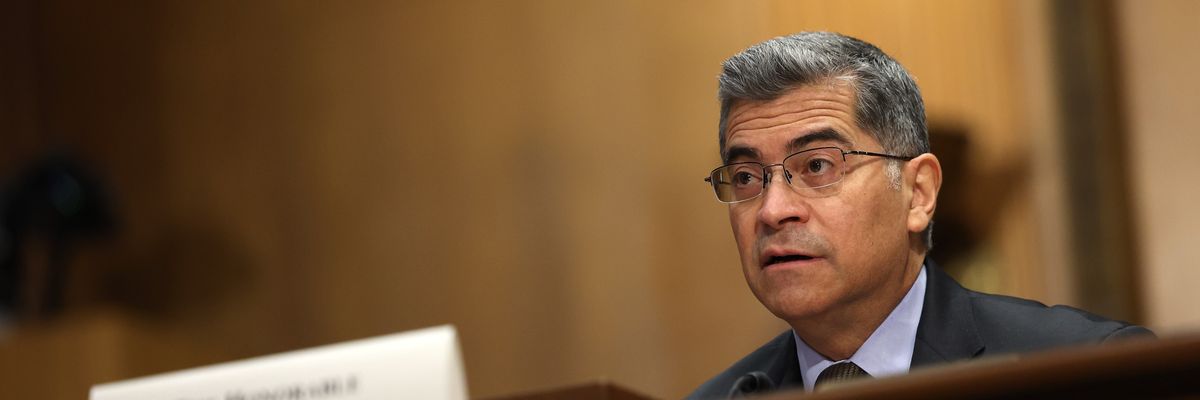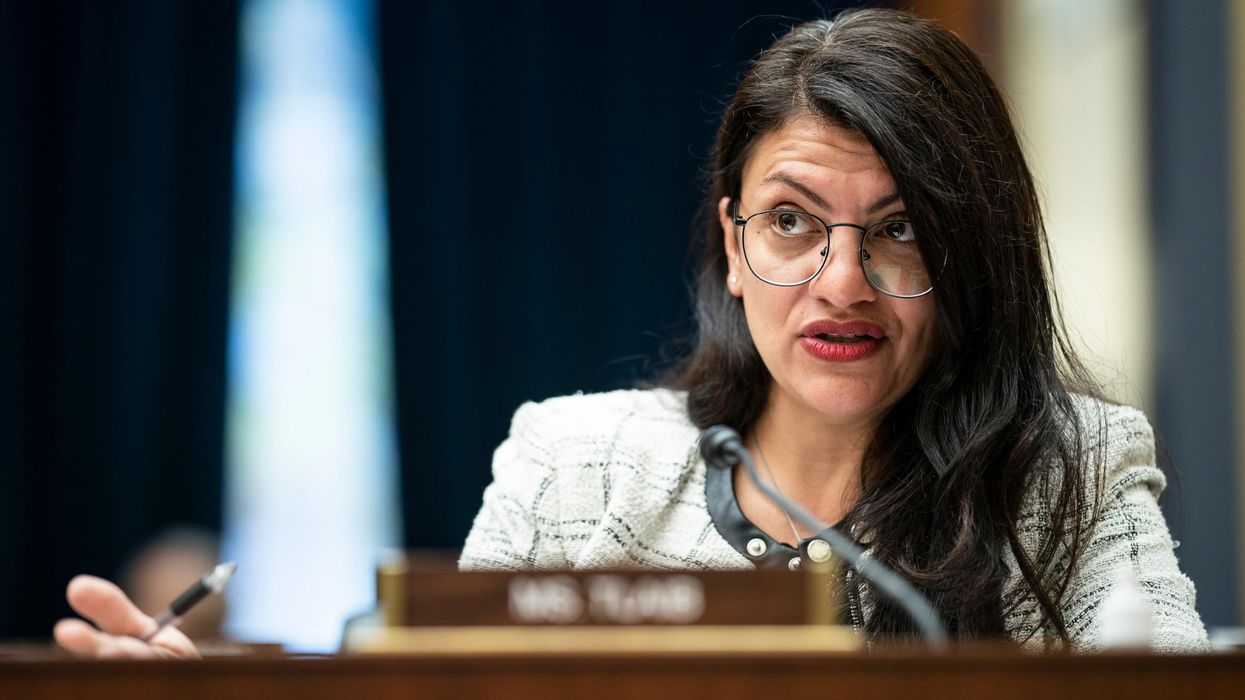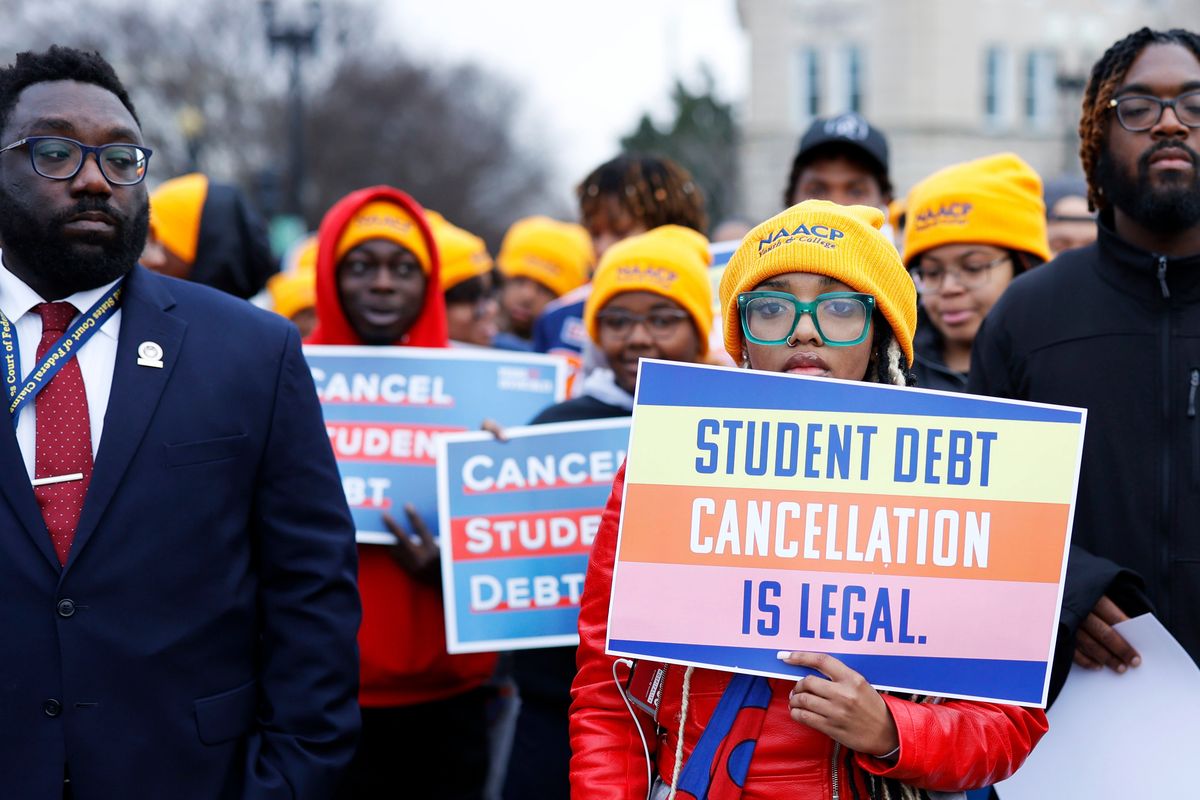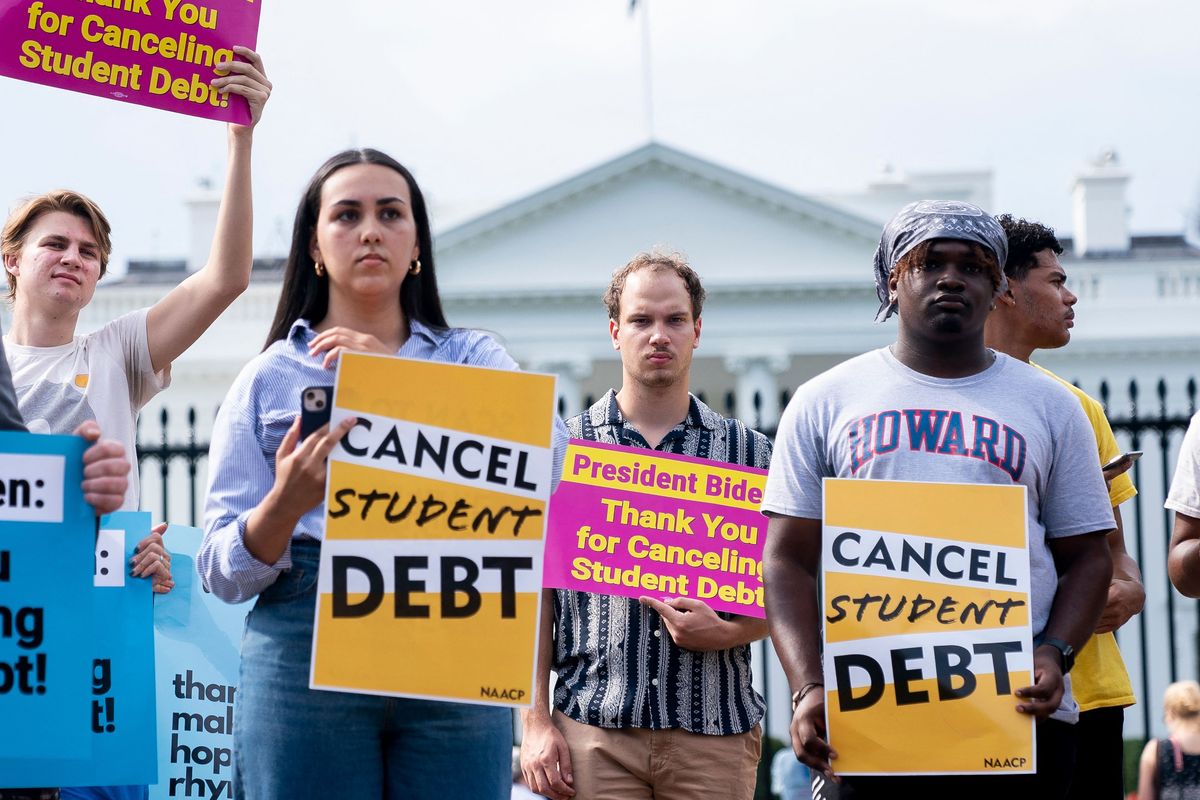
Biden Administration Claim
The recent widely acclaimed report of 517,000 jobs created in January by the Biden administration placated the recession-phobic instincts of the corporate media into another state of torpor.
All the dismal predictions of an imminent recession by an array of economists were just momentary glitches proven useless by the “spectacular” creation of jobs.
Unsurprisingly, Americans are not feeling quite as sanguine as the Biden administration. Recent polls report a sizable and increasing discontent with the economic direction of the country.
A Gallup
poll this February reported a significant number of Americans were pessimistic about inflation and the stock market.
Another Gallup
poll in the same month reported that over 50% of Americans stated they were “worse off” economically since 2009.
A
Washington Post-ABC News
poll reported also this February that 58% of Americans disapproved of President Joe Biden’s economic policies.
Even former secretary of labor in the Clinton administration, Robert Reich, a benign corporate
Democrat, was baffled that Americans were still pessimistic despite the 517,000 jobs claim.
Mr. Reich conveniently forgot that the hoopla around the many
jobs created back then that were predominantly from the lower end of the wage brackets of each job grouping as pointed out by economist Robert Pollin in 2016.
Moreover, Clinton’s terms in office saw the explosion of “contingent” jobs. These were part-time, temporary, and contracting jobs that usually paid 60% of full-time jobs with almost no benefits as reported by economist Jack Rasmus in February 2016. Consequently, low-paid, tentative
jobs increased from 22 million in 1995 to 27 million by 2000.
It appears Biden’s job creation claim has parallel results.
Bureau of Labor Statistics Reports
The Biden administration like every administration relies on the Bureau of Labor Statistics (BLS) to report unemployment and job creation numbers.
The BLS releases two principal monthly reports on the economy:
1. The Current Employment Survey (CES), or “establishment survey,” or “payroll survey” reports monthly data collected from 122,000 business and government agencies, and 666,000 worksites. It provides data on all ages of nonfarm employment, hours, and earnings based on payroll records with industry and geographic details. The CES is revised twice before a final report that accounts for seasonal adjustments and variable data collection rates.
2. The Current Population Survey (CPS) or “household survey” reports monthly data collected by the U.S. Census Bureau on 60,000 eligible households. It provides data on the civilian noninstitutional population age 16 and older, the labor force, employment, unemployment, and associated rates with demographic details.
What often goes unreported by the corporate media are the two CES revisions that present a more accurate report of job creation.
For example, during the Trump administration, the corporate media and mainstream economists responded exuberantly to the 209,000 new jobs in July 2017.
However, when the CES reported the revised job numbers in September, it declined to 189,000
jobs; it was revised again in October down to 138,000 jobs, which was met with utter silence from the Trump administration and the corporate media.
The Biden administration’s 517,000 jobs claim is unlikely to be maintained by future revisions.
Important Economic Indicators
The BLS also reports two other important indicators of our economic model:
1. The employment-population ratio is a private sector measure. It represents the number of employed people age 16 and older as a percentage of the civilian noninstitutional population. In other words, it is the percentage of the population that is currently working. The employment-population ratio indicates how efficiently an economy provides jobs for people who want to work. It is valuable because it is not affected by seasonal variations or voluntary changes in labor force participants.
According to
economists at Bloomberg, the BLS adjustments in this January’s numbers raised the estimated population size by nearly 1 million and the civilian labor force by 871,000 resulting in employment to population ratio of 87%. They asserted this was a misrepresentation; the actual employment-to-population rate was much lower.
2. The labor force participation rate is an important economic measure because it consists of those who are age 16 and older working at any job or actively seeking work. Its advantage is that it reports the supply of labor available to work in the production of goods and services. It is a simple calculation: Total Labor Force/Civilian Noninstitutional population x 100.
According to the Federal Reserve Bank of St. Louis (FRED) the labor force participation
rate in December 2022 was 65.1%. In January 2023, the month of the Biden administration’s claim of 517,000 jobs, the labor force participation rate declined to 62.4%. Moreover, the labor force participation rate is still below pre-pandemic levels.
New Jobs Reality
The Biden administration’s fanciful claims of job creation also did not describe the type of jobs created. According to FRED, part-time
jobs are dramatically increasing. That means low wages and no benefits.
The BLS
report released this February classified the types of jobs created in January. The largest number of job gains were predominantly in lower-paid sectors of the economy. The leisure and hospitality sector added 128,000 jobs. Other lower-paid jobs added were healthcare at 58,000, education services and state government (notably not in the private sector) at 35,000, partially reflecting the return to work by tens of thousands of striking graduate student employees in California. Other low-paid jobs added were social assistance jobs at 21,000.
Consider that more than 5 million manufacturing jobs and 91,000 plants have been
lost since 1998 due to our economic model that allowed corporations to move to foreign countries. Corporations did this to avoid paying a fair share of taxes and pesky regulations that protected employees, the environment, and labor unions.
Manufacturing
jobs historically compensate employees with high wages and benefits.
According to the BLS initial monthly
report, the Biden administration added only 19,000 manufacturing jobs in January 2023.
Working People’s Economic Reality
The economic predicament of working people who comprise most Americans continues its deterioration.
FRED reported that personal savings
rates are diminishing for most Americans.
FRED also reported a significant spike in credit card
debt.
The BLS reported that real
wages are still down 1.8% from last year. Housing costs are up 7.9% from 2022. Prices of groceries increased 11.8%.
U.S. Economic Model
President Biden’s claim of creating 517,000 jobs clearly does not adequately improve the living conditions for most working people.
The underlying exploitative economic relationship between the dominant economic class, or
oligarchs, and most of the middle-working class and working-class Americans continues. The oligarchs’ inherent consolidation of their massive wealth is accrued at the expense of all working people.
The oligarchs’ brilliantly malevolent plan also continues. Billionaires pour millions of dollars into conservative
organizations to perpetuate cultural issues designed to distract working people from the real source of their discontent; that source is the economic dominance of the oligarchs.
Predictable scapegoats are “big government,” labor unions, immigrants, racial and ethnic minorities, women’s healthcare, gun control, and LGBTQ issues. They are all mashed up into one deceptive quagmire that keeps working people distracted from recognizing their common economic interests.
Certainly, reasonable people can disagree on cultural issues from a spiritual to a secular perspective. However, when those issues are used by insanely wealthy power brokers to distract and divide working people, the process is categorically cynical.
They become political obstacles to building a moral economic model based on economic democracy that transcends those narrow cultural issues.
This post was originally published on Common Dreams.













